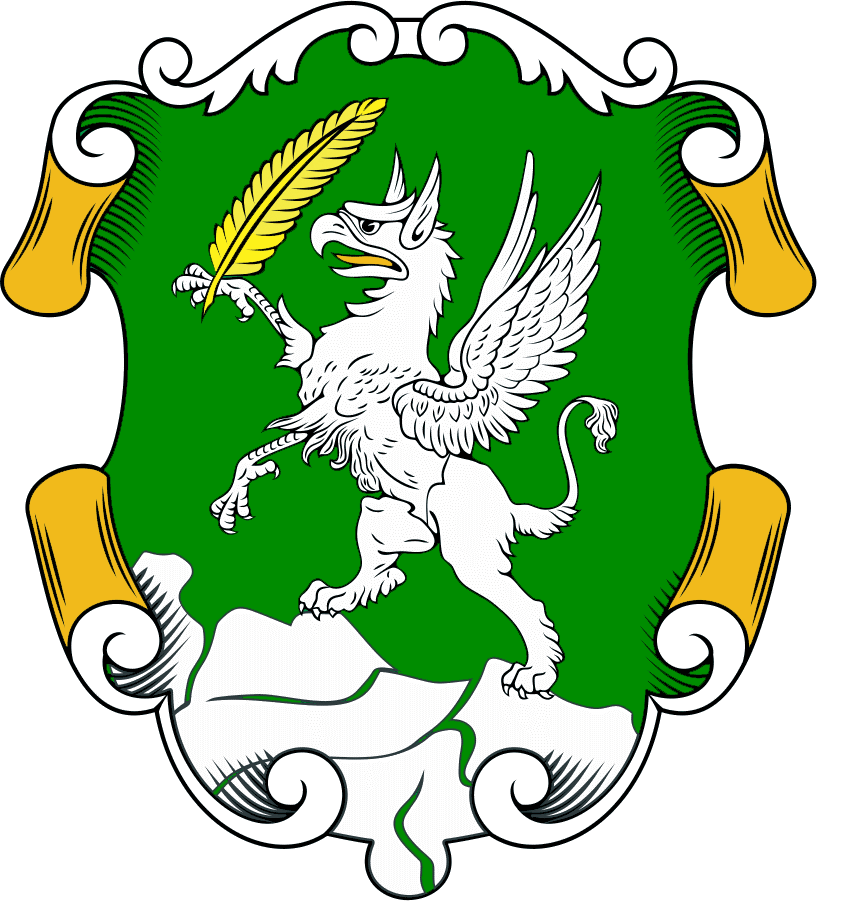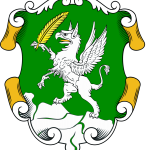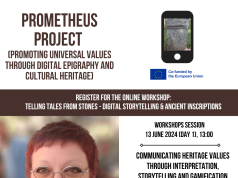
Official Announcement submitted to UNESCO headquarter
‘Happy First of March’ is an annual event held by HAEMUS – Centre for scientific research and promotion of culture from Skopje on 01.03. This tradition celebrates both the beginning of the spring and ancient custom connected with wearing martinki .
The martinki are hand-made and given as present to one’s closest friends and family, a custom practiced for hundreds of years. On this day, red and white tassels, pom-poms and knit (braided) bracelets, all known as martinki, are given to the loved ones who pin them on clothing or tie them on wrist. The red and white woven threads symbolize the wishes for good health and prosperity. They are heralds of the coming spring. People wear them until the nature starts to bloom and afterwards, hang them on trees.
HAEMUS respect the martinki as an intangible cultural heritage and takes care about the spirit of the tradition, in all its shapes and ways, which will contribute to their wider promotion. Alongside the public audience, the promotion of the martinki is especially focused on children of pre-school and school age, for which the workshops with help to visualise and create knowledge on tradition and multiculturalism.
This statement is to provide support for multinational application to UNESCO about the martinki, in which the Republic of Macedonia also takes part.
Vasilka Dimitrovska
president of HAEMUS







